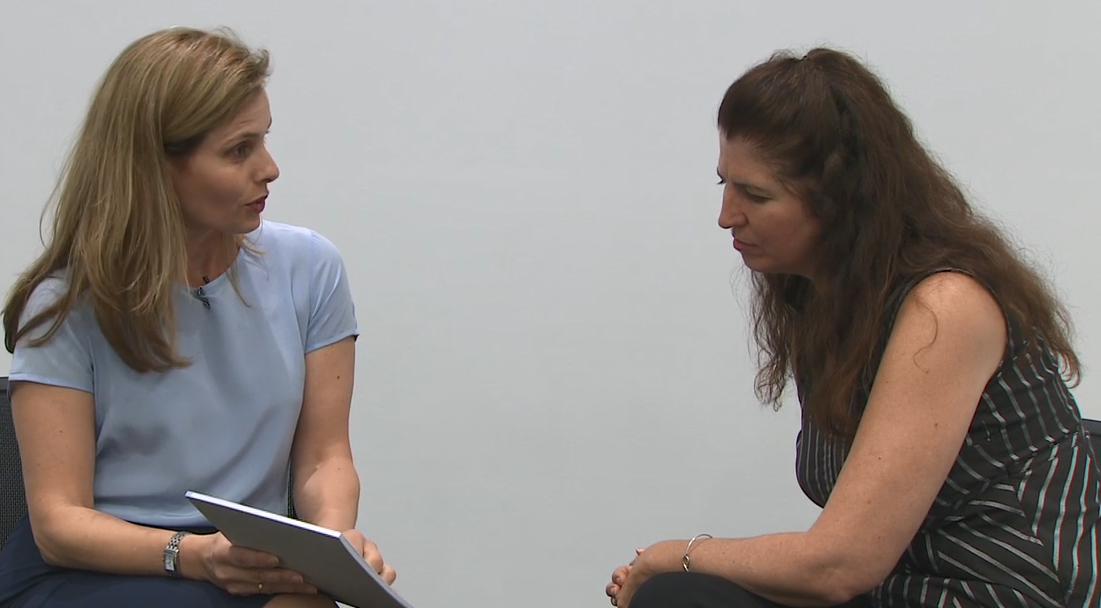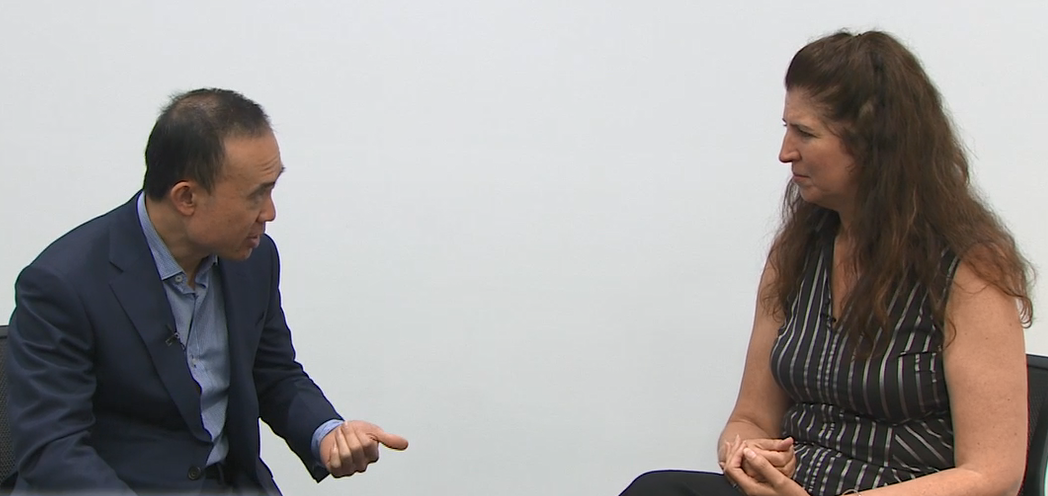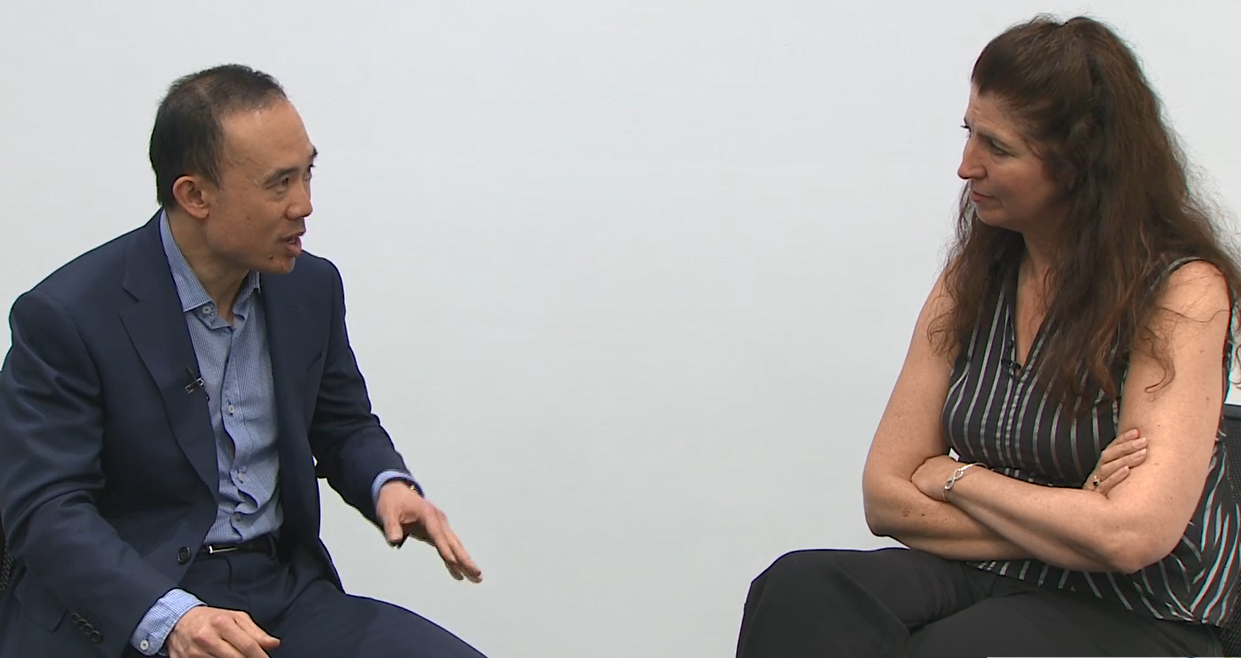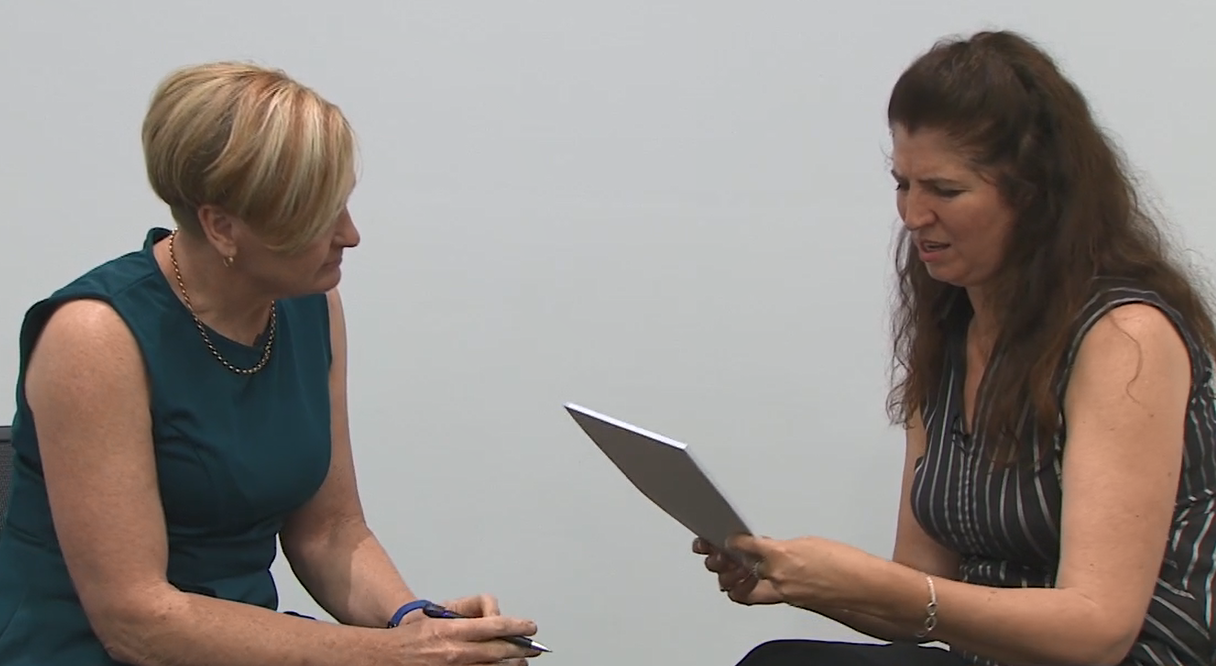Conversation starters
The points below provide advice for health professionals when raising this issue with parents or carers.

We Can Make Positive Change to Address Weight
Dr Kean-Seng Lim, GP and Vice President of the Australian Medical Association NSW, shows how we can speak with parents about ‘puppy fat’, using a food diary and making positive lifestyle changes to address weight.
How should I raise the issue of a child’s weight?
- Put it into context. Talk about how weight influences a child’s physical health and how being above a healthy weight could affect the child’s social and emotional life, including their experience of school.
- Use visual aids such as the BMI-for-age charts.
- Take care with the language you use. Keep it as positive as possible and focus on terms such as ‘healthy weight’ and ‘healthy lifestyle.’
- Think about who should be included in this conversation. You may choose to give feedback to the parent or carer alone or the parent or carer and child together.
- Allow some face-saving. It may be helpful to talk about how parents or carers have a much harder job helping their families maintain a healthy lifestyle than 20-30 years ago.
- Remind parents or carers, as well as yourself, that it’s difficult to tell if a child is at a healthy weight just by looking – that’s why you are doing the measurements.
Suggested discussion
”I am just looking at where Luke’s BMI places him on the BMl-for-age chart for boys. As you can see he is just above the 85th percentile which is just outside of the healthy weight range for his age. Is this what you were expecting?”
Now is the ideal time for you to advise the family that more information and support is available. Consider whether you can offer to manage the child, or whether referral is warranted.
What should I say if the child is above a healthy weight?
If the child is above the ‘healthy weight’ range, the best approach to take when explaining weight status is to stress to parents or carers that the calculation of weight status is a routine procedure used to monitor the healthy development of all children and adolescents over time.
The parents or carers can use the calculator themselves at home if they are concerned, or can follow-up with their GP.
Suggested discussion
“It is difficult to tell whether a child is growing in a healthy way just by looking at them, so it’s important to measure their height and weight regularly to help monitor their growth over time.”
“I’ve plotted how your child is growing on this chart. The chart shows he/she is above a healthy weight for their height and age. Have you seen your child’s growth plotted like this before?”
“What do you think of this?”
How could I start a healthy lifestyle discussion?
There are lots of ways to start a healthy lifestyle discussion. You may be able to build on or use information you have already gathered as part of the encounter, or use a health problem you may have already identified to talk about their weight status.
Suggested discussion
“We check the height and weight of all children we see to make sure they’re growing healthily. A healthy family lifestyle can play a big part”
“There are some simple things that you and your family can do to help the whole family be healthy and active.”
“Is it OK if I show this to you?”
“Here is some information: the first is a healthy habits and a healthy weight fact sheet and the second is the 8 for a healthy weight resource.”
What should I say if the child is a healthy weight?
If the child is in the ‘healthy weight’ range, you should still explain to the parents or carers their child’s weight status and take the opportunity to reinforce positive lifestyle messages for the family.
Even if the BMI places the child in the ‘healthy weight’ range they may still be inactive or have poor eating habits. Healthy lifestyle behaviours need reinforcing in all children to reduce the risk of them becoming overweight.
If the child is approaching the 85th centile, you could indicate this to the parents or carers on the chart and provide the healthy lifestyle key messages.
Suggested discussion
“Your child’s weight status is just within the healthy weight range. Keeping up a healthy lifestyle for the whole family will be very important, to prevent your family gaining too much weight.
Your family could think about:
- choosing water instead of juice or soft drink
- spending less time on screens
- choosing vegetables and fruit for morning or afternoon snacks.”
What should I say if the child is below a healthy weight?
If the child is below the ‘healthy weight’ range, you should still explain to the parents or carers their child’s weight status and take the opportunity to reinforce positive lifestyle messages for the family.
If the child is below the 5th centile, you could indicate this to the parents on the chart and provide the healthy lifestyle key messages. Any weight discussion of a child below a healthy weight should include advising the GP of these findings and considering referral to a paediatrician for further investigation.
Suggested discussion
“I’ve plotted how your child is growing on this chart. The chart shows he/she is below a healthy weight for their height and age. Have you seen your child’s growth plotted like this before? What do you think of this?
I will advise your GP of their weight and recommend a referral to a paediatrician to make sure we thoroughly check their health.”
What should I say if I am above a healthy weight?
Like the general population, many health professionals are above a healthy weight.
However, this does not need to be a barrier to you raising the issue with families with children above a healthy weight, helping them to obtain information and supporting them to adopt healthier behaviours.
Don’t let it stop you from tackling the issue! The more you discuss the issue with your patients, the more confident you will become.
Suggested approaches to the discussion
“Living healthy lifestyles is hard for all of us. I’ve been working on improving my lifestyle for some time.”
“I understand what you are going through. Changing one thing at a time has been helpful for me”
What if a parent or carer is not ready to discuss this issue?
Some parents or carers will not be ready to discuss the issue. Parents or carers may feel a sense of guilt about the family’s lifestyle behaviours and could become defensive when this issue is raised.
If this happens. you could say:
- “It can be hard to practice healthy habits every day.”
- “Most families could do with some assistance to improve their healthy lifestyle habits.·
- “It is part of normal care to assess a child’s growth and development.
- “It is a health professional’s role to discuss healthy lifestyle behaviours with all families.”
Raising this issue is not about placing blame or judging the parents or carers, but an attempt to help the family to be healthy.
Suggested discussion
If the parent or carer is still unwilling to discuss this issue, it is important to respect the parent or carer’s decision.
“It may not be a good time for you to discuss this now. Please feel welcome to talk about your child’s weight with me at any time in the future, or raise it with your GP.”
Provide an opportunity for further discussion by letting the parents or carers know that if they change their mind they are welcome to revisit this issue at any time in the future, or raise it with their GP.



